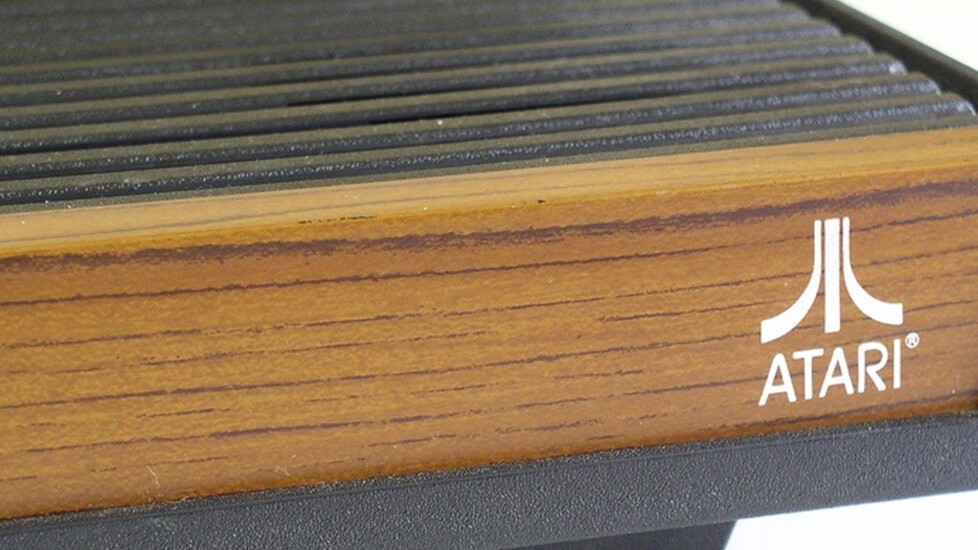
Atari, one of the original names in computer gaming, is filing for Chapter 11 bankruptcy in New York as it moves to separate its US business from the parent operation in France — Atari SA, formerly know as Infogrames — in order to pursue a new focus on digital and mobile games.
The company announced the filing in a press statement which explains that Atari Interactive Inc., the US operations, is seeking approval for $5.25 million in financing from Tenor Capital Management in order to “minimize any disruption of [its] day-to-day operations”.
The company is selling all (or “substantially all of”) of its assets, which includes its brand logos and a range of games franchises that include Pong, Asteroids, Missile Command, Tempest and more.
“The Chapter 11 process constitutes the most strategic option for Atari’s U.S. operations, as they look to preserve their inherent value and unlock revenue potential unrealized while under the control of Atari SA During this period, the company expects to conduct its normal business operations,” the company’s announcement reads.
Atari’s business has gone digital in recent times as it has moved from a traditional model of games to developing its franchises for mobile and securing licensing deals. The company says that this switch turned Atari Inc. into “a growth engine for Atari S.A” thanks to new revenue streams from downloads and advertising. Chief Executive Jim Wilson told The Los Angeles Times that revenue accrued from licensing its logo alone brings in 17 percent of the company’s income.
Infogrames completed its buy-out of Atari in October 2008 with a deal worth around $11 million. The company, which had been the majority shareholder, initiated a series of streamlining initiatives which cut general expenses and focused on its US business, distribution and finding new partners.
Atari Interactive has 40 employees in the US but it has suffered from Atari SA’s reliance on London-based BlueBay Asset Management for cash. The LA Times explains that the firm has been crippled financially since its $28 million credit facility with BlueBay lapsed on December 31.
Image via moparx / Flickr
Get the TNW newsletter
Get the most important tech news in your inbox each week.




